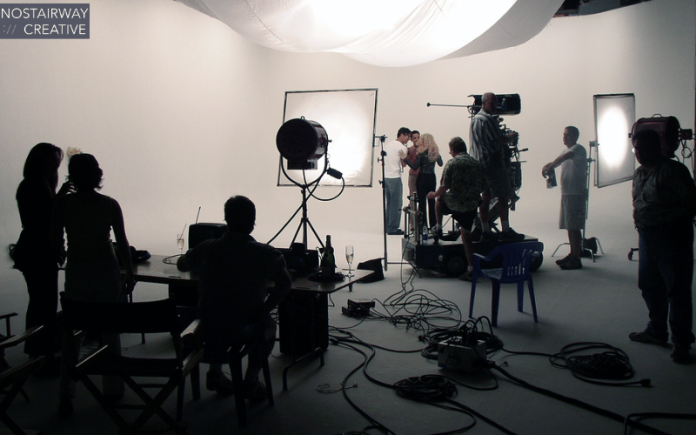Voice acting and voice-over are often used interchangeably, but they refer to different types of vocal performances. Both are essential skills to work in a voice over studio in London, and many aspiring actors and performers pursue these paths as a career.
This article will explore the differences between voice acting and voice-over and what it takes to succeed in each field.
What is Voice Acting?
Voice acting involves using your voice to bring characters to life in animated movies, television shows, video games, and other forms of media. In voice acting, the performer creates a unique voice and personality for the character, bringing them to life through their vocal performance.
Voice actors must be skilled at creating various characters, from silly cartoon characters to serious dramatic roles. They must convey emotions, attitudes, and traits through their voice alone.
What is Voice-Over?
On the other hand, voice-over is a type of narration in which a performer’s voice is used to provide information, describe events, or explain a product or service.
Voice-over is commonly used in television and radio commercials, documentaries, and corporate videos. In voice-over, the performer’s voice is the primary focus, and they must be skilled at delivering the message clearly and effectively.
Critical Differences Between Voice Acting and Voice-Over:
- Characters vs. Narration
The primary difference between voice acting and voice-over is the focus of the performance. In voice acting, the focus is on creating unique and memorable characters through vocal performance. In voice-over, the focus is on delivering information or a message clearly and effectively.
- Use of the voice
Another key difference between voice acting and voice-over is the use of the performer’s voice. In voice acting, the performer must use their voice to create a wide range of characters, using tone, inflection, and delivery to convey emotions and traits.
In a voice over studio, the performer’s voice is the primary tool to deliver the message, focusing on clarity and diction.
- Preparation and Direction
Voice acting and voice-over also differ in terms of preparation and direction. Voice actors must spend time developing their characters and understanding their roles.
They must also take direction from the director, who guides their performance and provides feedback. In contrast, voice-over performers must focus on delivering the message as written, with direction focused on clarity and timing.
Also Check: How to build a voice over studio
- Application
Voice acting is commonly used in animated movies, TV shows, video games, and other forms of media that require character performance.
Voice-over is commonly used in commercials, corporate videos, documentaries, and other forms of media that require narration or information delivery.
Critical Elements in the Career Voice-Over and Voice Acting Artists
- Skills required for voice acting and voice-over
Both voice acting and voice-over require specific skills. Voice actors must be able to create and sustain character voices, perform accents and dialects, and improvise and adapt to new roles.
On the other hand, voice-over performers must have good diction, enunciation, and pronunciation, read from a script fluently, and uses appropriate pacing and tone to convey the intended message.
- Training and Education
Many voice actors and voice-over performers receive formal training and education to hone their skills. They may attend acting schools, voice acting classes, or workshops to develop their skills, learn techniques, and gain experience.
Similarly, some may take courses in broadcasting or communications to learn about the industry, recording techniques, and sound editing.
- The importance of a professional studio
A professional studio is essential for both voice actors and voice-over performers. A good studio can help to improve the quality of the recording and ensure that the performance is captured in the best possible way.
Voice over studio London is an example of a studio that provides the necessary equipment and services to create high-quality recordings.
Conclusion
In conclusion, while voice acting and voice-over require skilled vocal performances, they differ in focus, voice use, preparation and direction, and application. Voice actors must be skilled at creating unique characters and conveying emotions through their voices, while voice-over performers must deliver a message clearly and effectively.
Both require training, practice, and dedication to succeed, and those interested in pursuing these fields should seek out reputable training programs and opportunities to gain experience.
Voice over studio London can provide the necessary training and opportunities to those interested in pursuing a career in either field.
Read More: How Do I Start Video Production?











